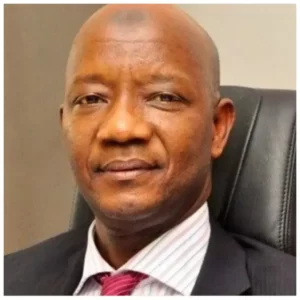
The Nigerian naira is facing an ongoing devaluation as a severe dollar shortage exerts further pressure on the nation’s economy, as reported by The PUNCH.
In the unofficial parallel market, the naira started trading at 1,175 per US dollar and concluded the day at 1,190 per US dollar on Friday. Just a fortnight ago, the exchange rate was at 1,100 per US dollar in this informal market.
However, there was a slight uptick in the Investor & Exporter forex window, with the naira selling at 808.28 per US dollar at the close of business on Friday, compared to 810.05 per US dollar on the previous day, as per data from FMDQ.
Bureau de Change Operators are grappling with the challenge of a dollar scarcity, making it difficult to provide foreign exchange to customers. Jubril Mutiu, a BDC operator, lamented, “On Friday, the price was 1,175 per US dollar, but we don’t even have it. It is not available right now.” Another BDC operator, Adamu Afeez, concurred, stating, “We are seeking those to sell to us, but we don’t have the dollar to buy. Without it, we cannot sell.”
Ibrahim Abu, another BDC operator, highlighted the volatile nature of the exchange rate, noting, “We sold for 1,175 per US dollar in the morning until the afternoon on Friday. By 2 p.m., it was already selling for 1,190 per US dollar. It has been fluctuating, and I cannot predict Monday’s rate.”
The depreciation of the naira has persisted since the Central Bank of Nigeria initiated a more flexible exchange rate system in June, instructing lending institutions to enable a freer flow of the country’s exchange rate. Before this policy shift, the naira traded at 471.67 per US dollar on the official market and 765 per US dollar in the parallel market back in June.
Dr. Aminu Gwadabe, the President of the Association of Bureaux De Change Operators of Nigeria, emphasized the crucial role BDCs should play in stabilizing the exchange rate. He stressed that achieving a stable and robust exchange rate in Nigeria requires the active involvement of BDCs in the retail segment of the forex exchange market.
Gwadabe called for collaboration among all stakeholders to address the challenges faced by Nigeria’s forex market and the naira’s depreciation. Involving BDCs in these solutions, he argued, would contribute to a more liquid market and stable exchange rates.
He also expressed concern about market illiquidity and the presence of unlicensed forex dealers engaged in speculative activities, which tarnish the image of the sector.









